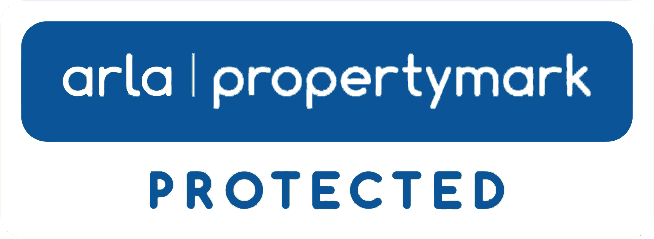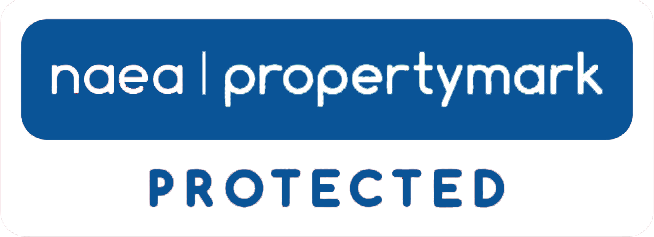
Buying a home at auction is becoming increasingly popular, but is it as easy as it looks on "Homes Under the Hammer"? Let us explain a bit more.
Why Consider Buying at Auction?
With rising house prices and mortgage rates, more people are turning to property auctions in search of a bargain. According to one auctioneer, auction sales increased by more than a third last year alone. Properties in need of renovation, often listed for as little as £10,000, provide an attractive option for those with limited funds looking to get on the housing ladder. The process is also quicker, with contracts exchanged as soon as the gavel falls.
However, there are pros and cons to consider. Here’s what you need to know before heading to the auction room.
Research Before the Auction
Auction properties are sold 'as seen,' so it's crucial to know exactly what you're bidding on. Once you identify a property of interest, speak with the auctioneer. They can provide information on the property's saleability, guide price (the seller’s desired amount), and reserve price (the lowest acceptable amount).
A legal pack prepared by the seller’s conveyancer should be available prior to the auction, sometimes for a small fee. It's advisable to review this pack with your own conveyancer. The legal pack typically includes:
- Evidence of ownership
- Copies of any leases or tenancy agreements
- Results of relevant searches
- Specific conditions of sale
- Memorandum of sale/contract
What You Need to Buy a Home at Auction
In addition to a mortgage in principle, auction buyers must be prepared to pay a 10% deposit on the day of the auction. You will need:
- Identification
- Proof of funds
- Source of wealth (e.g., where the money is coming from)
If the deposit is being gifted (e.g., from parents), the same documentation applies to them. This is standard procedure to comply with anti-money laundering regulations.
There is typically a four-week window between a property being listed for auction and the auction date, so be ready to act quickly. Register your details with the auctioneer, provide your conveyancer's information, and obtain a bidding number. Since auction properties often require significant renovation, it’s also sensible to arrange buildings insurance from the date of the sale.
Auction Day: What to Expect
Before the auction, confirm that the property you’re interested in is still listed, as lots can be withdrawn. On auction day, you'll need your bidding number, identification, and deposit. If you can't attend in person, you can authorize someone else (such as an agent or conveyancer) to bid on your behalf, or you can place bids by phone if the auctioneer allows it.
After a Successful Bid
Once the gavel falls, the process is straightforward. Contracts are exchanged immediately, and buyers must sign the memorandum of sale and pay the deposit. Be aware that auctioneers may charge an administration fee ranging from £200 to £1,200 plus VAT. Sellers typically pay a 2% commission.
Auction contracts are generally non-negotiable and binding once signed.
Post-Auction Steps
Transactions are usually completed 20 to 28 working days after the auction. Notify your conveyancer immediately so they can perform necessary checks. Inform your broker or financial adviser as soon as possible to start the formal mortgage process.
Given the short timeframe between exchanging contracts and completion, having a mortgage in principle before the auction is crucial. Failing to secure financing in time can cause the sale to fall through.
Tips for Auction Success
Buying at auction can be thrilling, especially when properties are listed at up to 20% below market value. However, it’s important to understand the process thoroughly:
- Don't bid beyond your means, especially if you need to fund renovations.
- Thousands of properties are auctioned each year, so if you miss out on one, another suitable option will likely come along.
By doing your research, preparing your finances, and understanding the auction process, you can take advantage of the opportunities that property auctions offer. Happy bidding!
Adapted from What Mortgage








